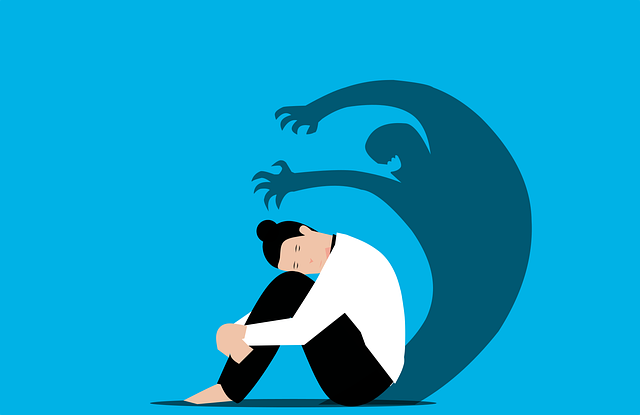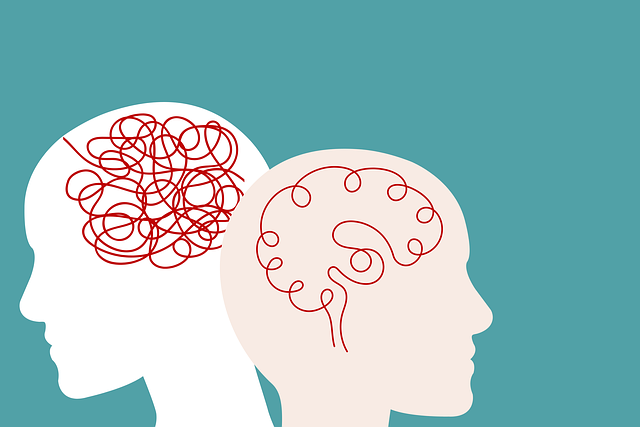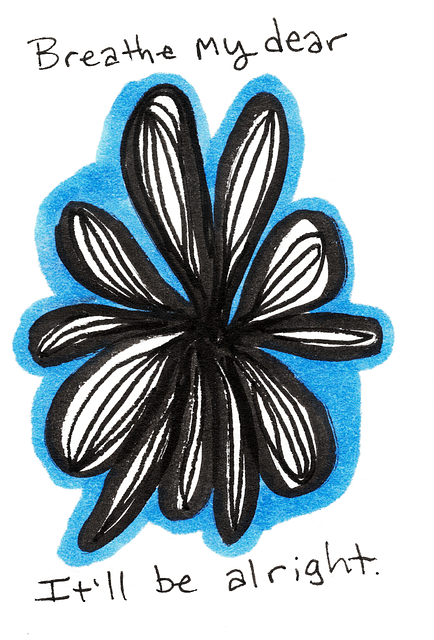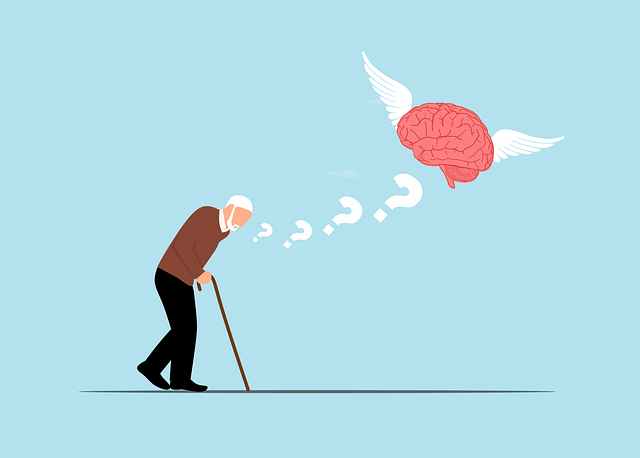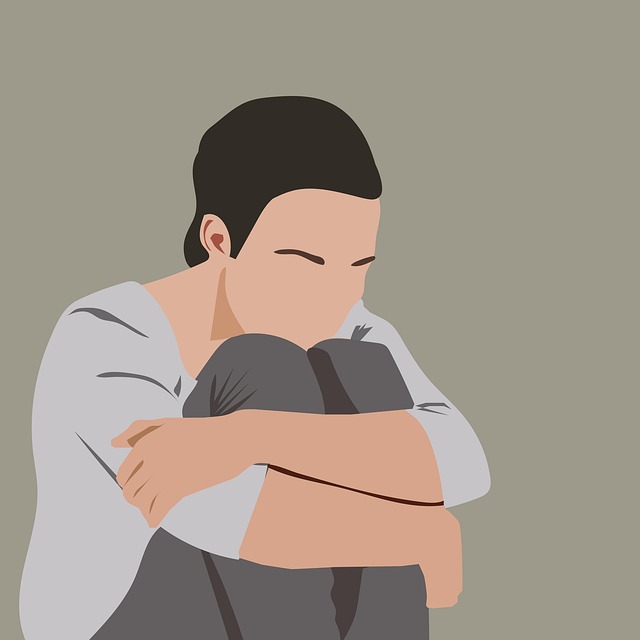Mental wellness self-assessment tools, vital in today's stressful world to combat burnout, facilitate personal growth and track mental health progress. Integrating Superior Trauma Therapy (STT) into these tools provides valuable insights into emotions, thoughts, and behaviors, especially for processing traumatic experiences. Guided journaling and Cultural Competency Training enhance resilience and inclusive assessment practices across diverse cultural backgrounds. STT's focus on emotional healing processes aligns with scientific research, refining crisis interventions and reducing stigma, ultimately revolutionizing mental health assessments and improving well-being outcomes through tailored, sensitive interventions.
Mental wellness self-assessment tools play a pivotal role in individual understanding and support. This article explores their development, focusing on two key aspects: integrating Superior Trauma Therapy (STT) techniques for deeper insight and creating effective, validated measurement instruments. By examining these components, we aim to enhance the accuracy and impact of self-assessments, empowering individuals to navigate mental health journeys with greater confidence and clarity.
- Understanding Mental Wellness Self-Assessment Tools
- Integrating Superior Trauma Therapy into Self-Assessment Development
- Creating Effective and Validated Measurement Instruments
Understanding Mental Wellness Self-Assessment Tools

Mental wellness self-assessment tools play a pivotal role in individual’s journey towards understanding their psychological state and overall well-being. These tools offer a means to evaluate one’s mental health, identify potential issues, and track progress over time. They are invaluable resources for both personal growth and professional development, especially in the context of Superior Trauma Therapy. By encouraging introspection, these assessments help individuals gain insights into their emotions, thoughts, and behaviors, fostering a deeper sense of self-awareness.
In today’s fast-paced world, where Burnout Prevention has become a pressing concern, mental wellness journaling exercises guided by competent healthcare providers offer a structured approach to navigating one’s inner landscape. This practice not only enhances self-reflection but also promotes resilience and coping strategies. Moreover, Cultural Competency Training for Healthcare Providers equips them with the skills to create inclusive environments, ensuring accurate assessments that consider diverse cultural backgrounds and experiences, thereby improving the effectiveness of mental wellness self-assessment tools.
Integrating Superior Trauma Therapy into Self-Assessment Development

Integrating Superior Trauma Therapy (STT) into self-assessment development is a strategic move to enhance mental wellness tools and support individuals in processing traumatic experiences. STT, with its emphasis on emotional healing processes, offers valuable insights into addressing complex psychological issues. By incorporating these therapeutic techniques, developers can create more comprehensive and effective assessments that go beyond traditional symptoms of depression prevention.
This approach aligns with the growing recognition of healthcare provider cultural competency training, ensuring that self-assessment tools cater to diverse populations. STT’s inclusive practices facilitate a deeper exploration of personal narratives, enabling individuals to share their unique experiences in a safe and supportive manner. Such integration has the potential to revolutionize mental health assessment by providing more nuanced data, ultimately leading to better-tailored interventions and improved emotional well-being outcomes.
Creating Effective and Validated Measurement Instruments

Developing effective and validated measurement instruments is a cornerstone in advancing mental wellness self-assessment tools. These instruments must be meticulously crafted to capture nuanced aspects of mental health, ensuring they are both reliable and valid. Reliability ensures that the instrument yields consistent results when administered repeatedly under identical conditions, while validity confirms its ability to accurately measure what it intends to assess, such as specific symptoms or levels of distress.
In the context of Superior Trauma Therapy (STT), which aims to enhance therapeutic outcomes by addressing trauma-related mental illnesses, these instruments play a pivotal role in refining crisis intervention guidance and fostering Mental Illness Stigma Reduction Efforts. By employing evidence-based methods and leveraging research insights, developers can create tools that not only measure mood management but also capture the complex interplay of traumatic experiences and their impact on an individual’s psychological well-being. Such comprehensive assessments enable professionals to tailor interventions more effectively, providing crisis intervention guidance that is both informed and sensitive to the unique needs of those who have experienced trauma.
Mental wellness self-assessment tools play a pivotal role in promoting individual awareness and access to support. By integrating innovative approaches like Superior Trauma Therapy, we can create valid and effective measurement instruments that cater to diverse needs. These tools not only aid in early detection but also foster personalized interventions, ultimately enhancing mental health outcomes.


